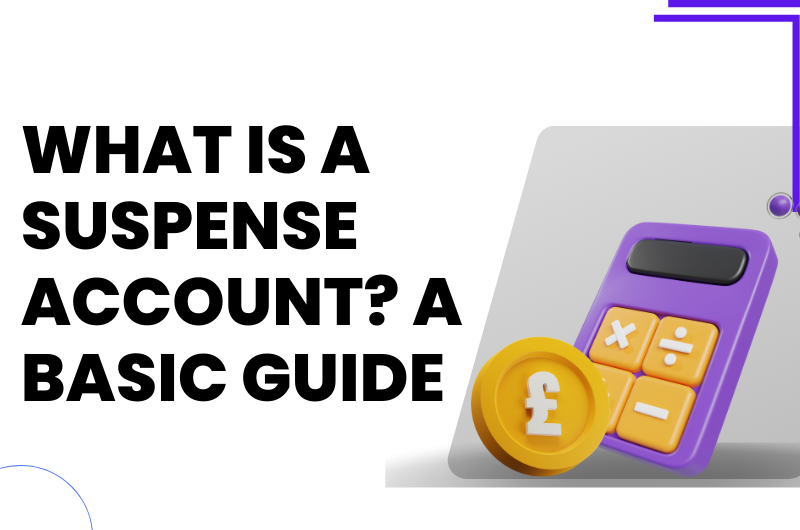The world of taxes and accounting can be complex and difficult to navigate, especially for businesses. One of the many concepts that business owners in the United Kingdom may encounter is the idea of a suspense account. In this article, we’ll take a look at what is a suspense account, how it works, and what the rules and regulations surrounding it are. We’ll also address any misconceptions and answer some common questions to give you a better understanding of how this important tool can be used to manage VAT discrepancies between invoices and make sure that the VAT is paid in a timely manner. Whether you’re a small business owner or an accountant, this guide will provide you with a comprehensive overview of suspense accounts in the UK.
What is a Suspense Account in the UK?
A suspense account is a temporary holding account used by businesses and other organizations to record transactions that cannot be immediately allocated to a specific account or cost center. In the United Kingdom, the term “suspense account” is used by HM Revenue and Customs (HMRC) to refer to a specific type of account used in the administration of the Value Added Tax (VAT) system.
What is the purpose of a Suspense Account in the UK?
According to HMRC, a suspense account is used to record VAT transactions where there is a discrepancy between the amount of VAT charged on a sales invoice and the amount of VAT claimed on a purchase invoice. This can happen when a business is unable to match the VAT invoice with the corresponding VAT return, or when there is a mistake in the VAT invoice. A suspense account is essentially a temporary holding account for these transactions until they can be resolved. What is a suspense account, you may ask? It is a tool that businesses can use to keep track of these discrepancies and ensure that they are eventually resolved.
How does a Suspense Account work in the UK?
When a discrepancy is identified, the amount of VAT in question is transferred to a suspense account. The business is then responsible for reconciling the discrepancy and transferring the VAT to the correct account. This can be done by obtaining a corrected invoice or by making an adjustment to the VAT return.
What are the rules and regulations related to Suspense Account in the UK?
It is important to note that businesses are not permitted to use a suspense account as a permanent solution for VAT discrepancies. HMRC requires that businesses reconcile their suspense accounts regularly and take appropriate action to resolve any discrepancies as soon as possible. If a discrepancy is not resolved within a reasonable period of time, it may be subject to investigation and penalties by HMRC.
Does using a Suspense Account affect cash flow or VAT payment in the UK?
Businesses should also be aware that a suspense account does not affect their cash flow or the amount of VAT they are required to pay to HMRC. The VAT in a suspense account is still considered to be due to HMRC and should be paid in a timely manner.
Conclusion
What is a Suspense Account? A suspense account is a useful tool for businesses in the UK to manage VAT discrepancies between invoices. However, it is important for businesses to understand the rules and regulations surrounding the use of this account, and to make sure that discrepancies are reconciled and resolved as soon as possible. It’s also important to understand that having a suspense account does not affect the cash flow or VAT payment to HMRC, the VAT in the suspense account is still considered to be due to HMRC. It’s advisable to consult with a tax professional or seek guidance from HMRC when in doubt.
Note: Please note that the information provided is for general informational purposes only and is not intended to be comprehensive or to constitute professional advice. For accurate and up-to-date information, please visit the official website of HMRC.


